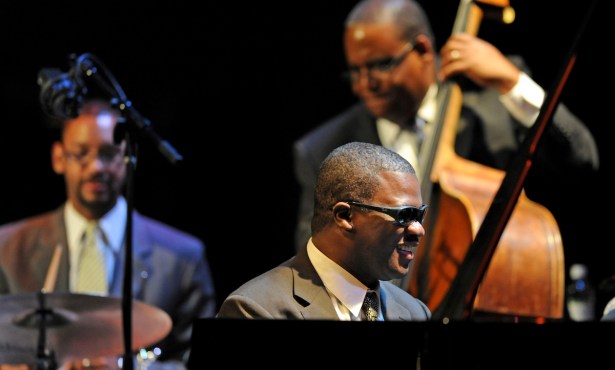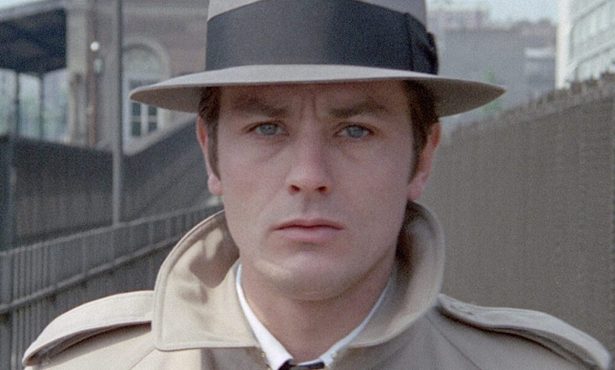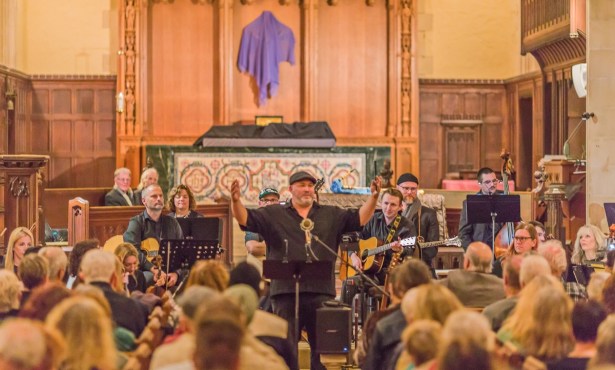Free and Alive
An Interview with John Klein
According to John Klein, the natural world holds all the key elements to cultivate a child’s intelligence. Free and Alive is a short documentary that highlights the work of local environmental educators Elaine Gibson of the Santa Barbara Museum of Natural History, Andrew Lindsey of the Wilderness Youth Project, as well as his bright little granddaughter, Haven. The documentary presents a refreshing view of how children interact and learn in local Santa Barbara nature spots, from Hazard’s Beach to Rattlesnake Canyon.
Klein got his “wilderness zeal,” he says, from working as a field production manager at an ABC affiliate in Great Falls, Montana, and becoming associate producer on Peacock’s War, a film about a wildlife cinematographer trying to save the last remaining grizzly bears in the lower 48 states.
In a recent interview in Santa Barbara, Klein opens up about filming Free and Alive and the upcoming debut of his latest documentary.
What was your motivation for filming Free and Alive?
My motivation is to make a really entertaining and fun film, and I noticed my granddaughter, Haven, was becoming very smart, very quickly … So I thought I would tag along when her father took her to the eucalyptus groves and tide pools, and all the great wild places around [Santa Barbara]. I saw right away why she was becoming so rational, grounded, and relaxed, like she felt she belonged to the world. I think kids are lost in general these days and that’s because they haven’t been introduced to the natural world.
What did you want to present with this documentary?
It’s a matter of human imagination and intelligence, [and] when we lose the natural world, we’re becoming dumb. I want to show kids in their first encounter with [nature], I want to be there; I want to see what happens … it’s unpredictable and all you can do is tag along as a filmmaker. I think nature makes kids’ brains work, and that’s what I wanted to film.
In your opinion, how important is the natural world to childhood education?
We’re counting on kids to save the world and save the planet. We’re telling them nature is dying, and we’re using the wrong approach, so I reject telling that story to kids because they have to manage nature. Kids are born natural stewards — they can name something, they can like it, and they like to take care of it. The natural world gives them a sense of belonging … and [because] they don’t know where the wild places are, it’s our job to lead them at this point and to provide places that are natural [where] they can play and have fun.
What do you hope your audience at SBIFF takes away from your movie?
I want parents, teachers, grandparents to cut kids loose in the natural world, as early and as often as possible. There are certain things that make childhood thrive — I’m interested in childhood, and I think we are losing respect for childhood. It’s very obvious that nature is where the kids belong. Children are trying to find their place in the world desperately; they’re working extremely hard all the time, so the one thing that I feel they need but hardly ever get is the chance to explore the natural world on their own terms [and] at their own pace.
4-1-1
Free and Alive will show on February 4 at 2 p.m. at the Metro 4, and February 5 at 1 p.m. at the Santa Barbara Museum of Art.



